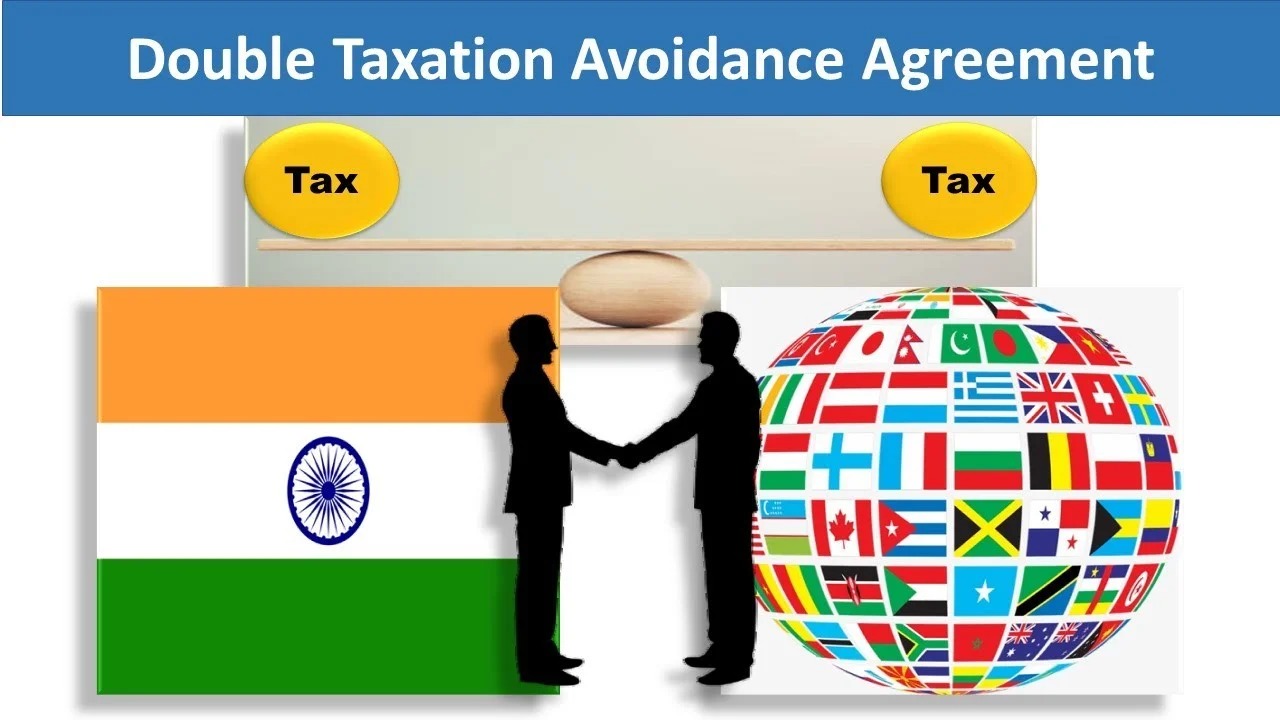Blog details

Double Taxation Avoidance Agreements (DTAA)
In India and globally, taxation typically occurs based on
two principles: residency and source. Consequently, if an individual is a tax
resident of one country and earns income from another, they may face taxation
in both countries. This scenario often results in double taxation, a common
issue for Non-Resident Indians (NRIs) and Persons of Indian Origin (PIOs), who
are tax residents of another country but earn income from investments or other
sources in India.
To mitigate this issue, countries enter into bilateral
agreements known as Double Tax Avoidance Agreements (DTAAs). The primary goal
of these agreements is to prevent the same income from being taxed in both
countries. In India, the key features of DTAAs are as follows:
DTAA Overrides Income
Tax Act 1961: According to section 90(2) of the Indian Income Tax Act, the
provisions of a DTAA take precedence over local income tax laws.
Applying DTAA Is
Optional: Taxpayers can choose to apply the DTAA or follow domestic tax
laws, depending on which is more beneficial. For instance, domestic provisions
like basic exemption slabs and exempt incomes (such as dividends and long-term
capital gains from shares/mutual funds) might be more advantageous for NRIs.
Lower Rate of TDS:
When deducting Tax Deducted at Source (TDS), the payer can opt for the rates
provided in the DTAA. For example, DTAAs often set the tax rate on interest
payments at 15%, compared to the 30% rate under domestic law. This makes the
DTAA rates more beneficial. Similar benefits apply to royalty and technical fee
payments.
Taxation in One
Country: DTAAs typically specify where certain types of income will be
taxed. For example, income from immovable property is generally taxed in the
country where the property is located, adhering to the source-based taxation
principle. This ensures taxation occurs in only one country.
Tax Credit: If an
individual pays tax in the source country, and the same income is taxed again
in the resident country, the DTAA provides for tax credits for the taxes paid
in the source country.
NRIs Should Apply
DTAA for Interest Income: NRIs are advised to utilize DTAAs for interest
income from NRO accounts, government securities, loans, fixed deposits with
companies, and dividends. The tax rates under DTAAs for interest income are
generally lower than those under Indian tax laws.
India vs. DTAA:
India has comprehensive DTAAs with approximately 90 countries. However, there
are still countries without such agreements, like Hong Kong. In such cases, NRIs
can seek relief under section 91 of the Income Tax Act, though the benefit is
limited.
DTAA – India vs.
Mauritius: The DTAA between India and Mauritius is particularly well-known.
Under this agreement, capital gains from the sale of shares are taxed in the
country of the shareholder's residence, not in the country where the company
whose shares were sold is located. Thus, a Mauritius-resident company selling
shares of an Indian company is exempt from tax in India. Since Mauritius does
not have a capital gains tax, the gains are not taxed at all. This treaty is a
significant factor for foreign investments in India through Mauritius, with
similar benefits available in treaties with Singapore, Cyprus, and others.

Written by:
Admin
| Service :- | Taxation Services |
| Created Date :- | 22 May, 2024 |
| Updated Date :- | 30 Jun, 2024 |
| Tags :- |




